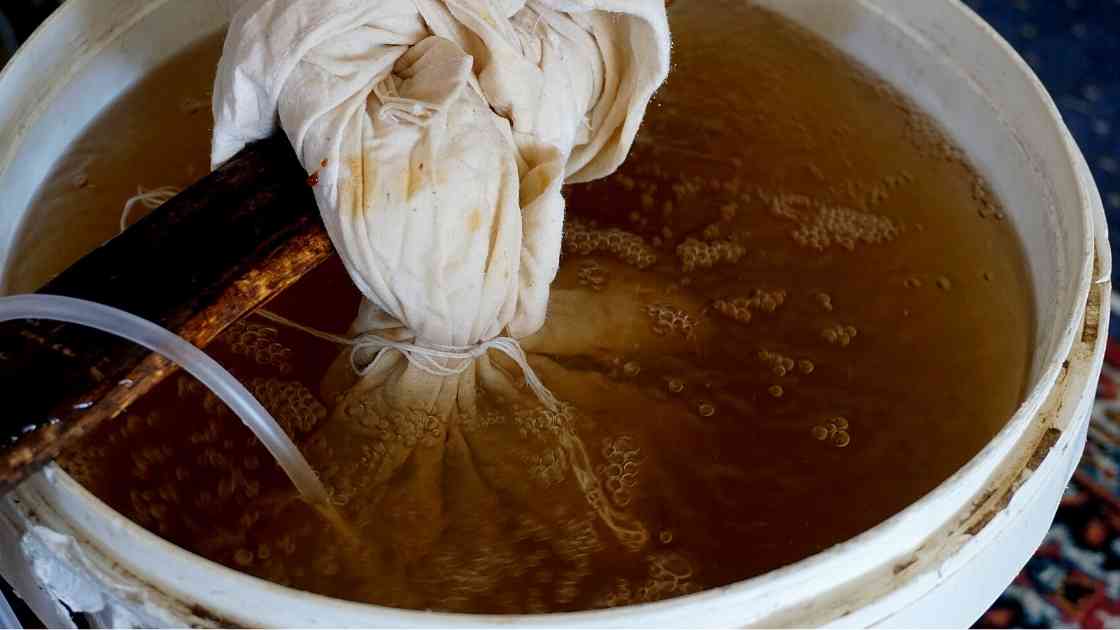Jeevamrutha is a natural, low-cost, fermented microbial preparation that enriches the soil, aids microorganism development, and enhances soil mineralization.
While spraying on the crops, this bio-pesticide includes about 10% alcohol. Prior to use, a few plants should be tested to see if there are any negative effects such as leaf burning, drooping, wilting, and so on. Because alcohol-based pesticides leave no deposit on plants or soil and are readily washed away by rain/water, the concentration of alcohol in biopesticides should be diluted with water. Once their pest control function is completed, bioinsecticides degrade spontaneously.
There are three types of Jeevamrutha depending upon the amount of water contained in it:
- The liquid state
- The semi-solid state
- The dry state (Ghana Jeevamrutham)
Why do we need the use of Jeevamrutha?
- It can be made at minimum cost with the plant leaves and urine available locally.
- It has no side effects on the soil and the produce.
- It improves the plant and its growth, giving a good yield.
- Gives resistance against pests and diseases.
- Increases beneficial organism activity and promotes organic carbon in the soil.
How to Prepare Jeevamrutha at Home
- Take any fresh leaves of tender succulent plants, leaves and shoots, which are crushed into a paste.
- To this add fresh urine in a ratio of 1:3 (leaves: urine by weight). Creatinine present in the urine inhibits bacterial growth but permits yeast or fungal growth.
- Next, soaking dry yeast (1-2gms) in sugar/ jaggery, mixed in water 9100ml for 10 litres of biopesticide) – this baker’s yeast culture is added to the rest of the ingredients.
- The mixture is then allowed to ferment for at least 2 weeks and the solid sludge is separated and squeezed.
- The separated sludge is then used as an organic fertilizer and the filtered liquid is used as bio-pesticides to kill the eggs, larvae, and adult pests on the crops and trees.

